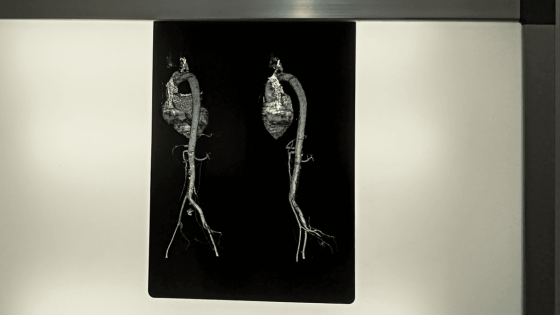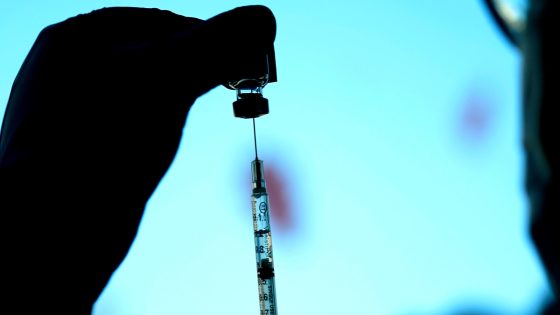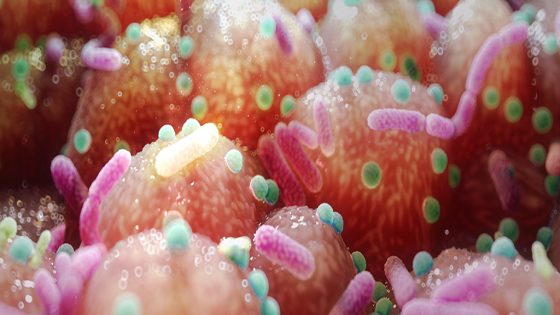Aging is a complex process, and new research reveals that not all organs age at the same rate. A groundbreaking study published on 2025-08-02 12:59:00 has mapped the aging process across different human tissues, shedding light on how our bodies change over time.
- Aging affects organs at different rates.
- Aorta shows significant aging changes early.
- Blood vessels act as aging 'radio towers.'
- Proteins like GAS6 influence systemic aging.
- Study introduces organ-specific aging research.
- Potential to reduce chronic disease risk.
This study highlights that certain organs, like the aorta, show signs of aging much earlier than others. By examining protein markers over a 50-year period, researchers discovered that aging accelerates significantly after age 50, with the aorta acting as an early indicator of systemic aging.
This research raises an important question: how can we leverage this knowledge to improve our health? By identifying which organs age faster, we can focus on strategies to counteract the effects of aging. Consider these recommendations:
- Maintain a balanced diet rich in antioxidants.
- Engage in regular physical activity to support cardiovascular health.
- Manage stress through mindfulness or relaxation techniques.
- Stay hydrated to support overall organ function.
As we learn more about the aging process, it’s essential to stay proactive about our health. By focusing on organ-specific aging, we can potentially enhance our longevity and quality of life.






























